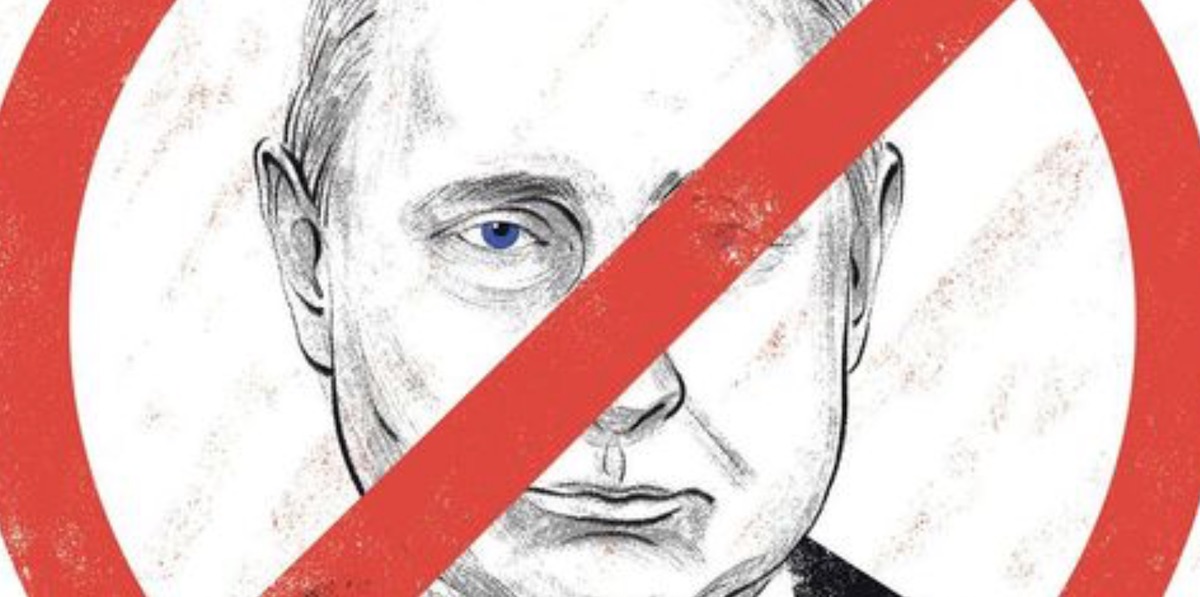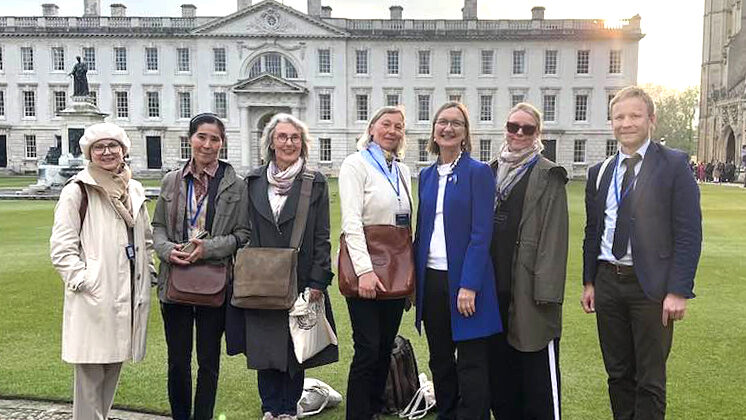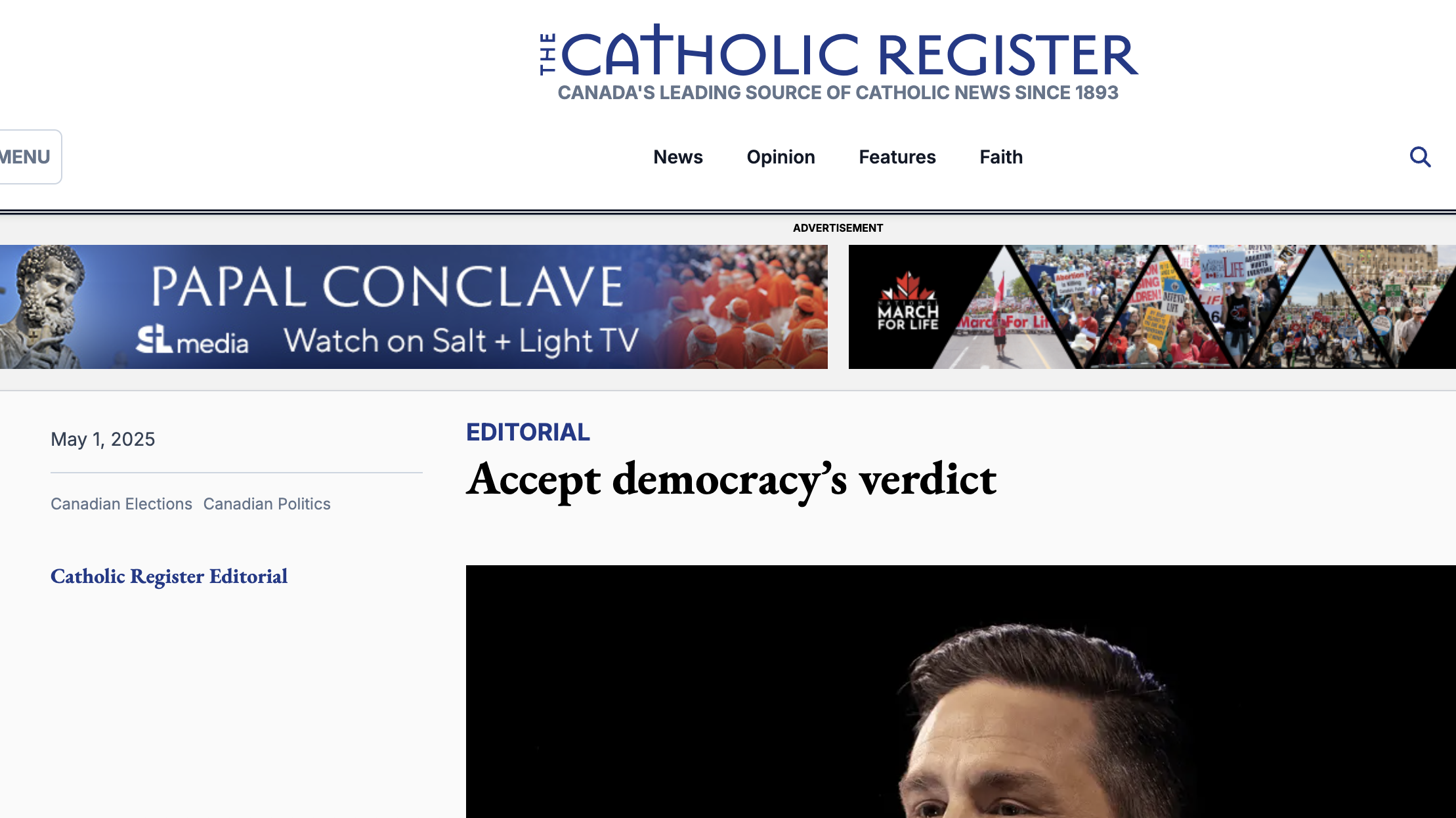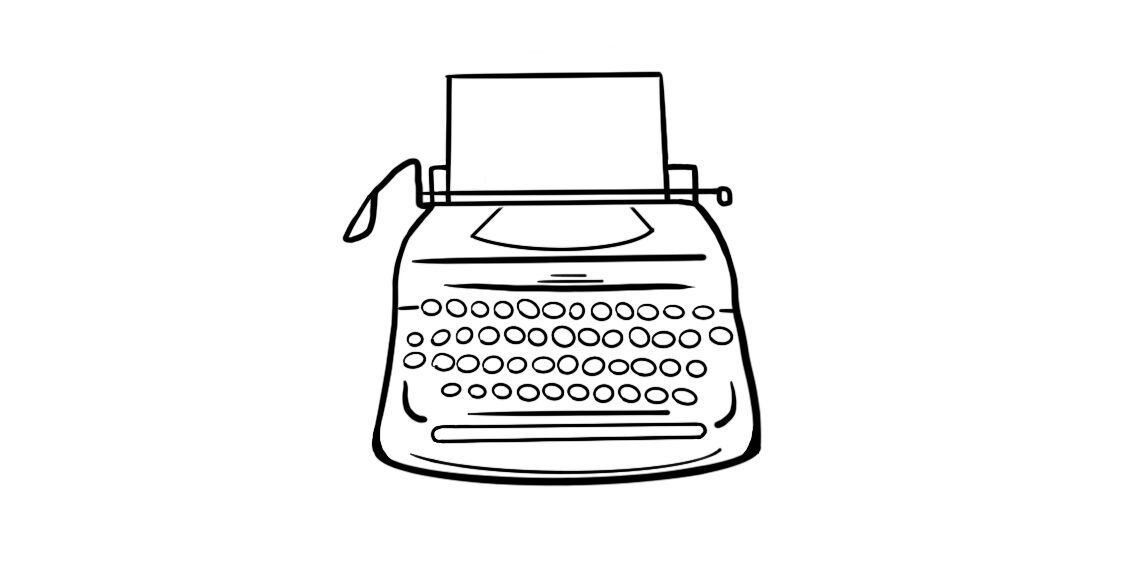But we have a weapon at our disposal that can quickly and precisely induce Putin to adjust his calculus by imposing a targeted and personal cost to him: sanctions. Specifically, sanctions that target the Russian president’s personal wealth and the kleptocrats who enable him.
We know that sanctions work based on Putin’s own reaction to them. When Canada adopted the Sergei Magnitsky Law, which empowers Canada’s government to impose targeted sanctions on foreign officials who engage in corruption and human rights abuses, Putin lashed out and accused Canada of engaging in “unconstructive political games.”
Natalya Veselnitskaya, the same Kremlin lawyer who organized the infamous Trump Tower meeting ahead of the 2016 U.S. presidential elections, also took aim at the Canadian Magnitsky campaign.
Over the past weeks, the threat of new Western sanctions has been raised in response to Russian military aggression against Ukraine. This has caused Putin to warn the U.S. of “a complete rupture of relations” if new sanctions are imposed against his regime. Putin’s reflexive response demonstrates the effectiveness of sanctions and the threat they represent to Putin’s personal wealth and his power.
Putin’s greatest ambition has been to accumulate wealth and consolidate his power to protect it. He and his kleptocrats have amassed wealth through theft, extortion and outright embezzlement. As head of state, Putin has abused his power to accumulate at least $200 billion and possibly much more. Russian opposition activist, Vladimir Kara-Murza recently wrote that “private Russian assets stashed abroad are estimated to exceed $1 trillion” with much of it linked to Putin and the oligarchs who enable him. Some would argue that he’s the richest man in the world; richer than Bill Gates, Jeff Bezos and Elon Musk.
Putin doesn’t keep the money and assets he’s stolen in his own name. He understands that anyone with a bank statement or property record could then blackmail him — and he has certainly used that tactic on his enemies before.
To protect his wealth, Putin holds his money in the names of famous Russian oligarchs. Greed and wealth are Putin’s Achilles heel, and represent our best opportunity to disrupt his ambition for conflict. At the same time as he’s threatening military intervention in Ukraine, his money is very much exposed in the West. We can send a powerful message to Putin by going after the assets of his oligarchs abroad.
This isn’t theoretical. After Putin was caught hacking the 2016 U.S. presidential election, Congress passed the Countering America’s Adversaries Through Sanctions Act and in April 2018, imposed sanctions on several Putin-linked oligarchs and companies owned by them. The announcement went off like a neutron bomb over Moscow and deterred a repeat of Kremlin interference in the 2020 U.S. elections.
Evidence that Canada is being used as a safe-haven by Russian oligarchs to stash their money is well documented and publicly available. Freezing Canadian assets of Putin’s closest oligarchs represents an opportunity for Ottawa to take global leadership and develop a credible cost and highly targeted deterrent against the Kremlin’s aggression.
By blocking the ability of oligarchs to access their assets and barring their financial interactions with the West, Putin’s own wealth is exposed and his ability to protect the oligarchs who enable him is compromised.
Sanctions are by no means the only tool to combat Russian aggression, but they represent a targeted tactic that hits the regime where it’s most vulnerable. Sanctions should therefore be central to our strategy to combat Moscow’s belligerence.
Rhetoric, empty threats and “red lines” will not curb Vladimir Putin’s appetite for crisis and conflict. He’s made it very clear that Western sanctions represent a significant threat to his regime. We should not hesitate to strengthen our deterrent against the Kremlin by targeting his assets and those of the kleptocrats who support him.
Marcus Kolga, Bill Browder, January 2022
Marcus Kolga is a senior fellow at the Macdonald-Laurier Institute and founder of DisinfoWatch.org. Bill Browder is the founder and CEO of Hermitage Capital Management and was the largest foreign investor in Russia until 2005. Since 2009, when his lawyer, Sergei Magnitsky, died in prison after uncovering a $230 million fraud committed by Russian government officials, Browder has been leading a campaign to expose Russia’s endemic corruption and human rights abuses.
NO
U.S. and EU economic sanctions had no political effect on Moscow’s seizure of Crimea in the spring of 2014, before or after. The IMF estimates that sanctions reduced Russia’s Gross Domestic Product by a barely measurable 1.5 per cent.
The most optimistic evaluation sets the cost to Russia at a cumulative US$300 billion and 2.3 per cent annual loss of growth, all without reducing popular support for Russian President Vladimir Putin, generating a viable opposition to his government, or hurting Russia’s coterie of oligarchs, with their substantial foreign investments.
In fact, the threat of sanctions against Russia over the crisis in Ukraine is illegitimate because it does not directly address the right of self-determination raised by Moscow, signals NATO’s irresoluteness as it is being used as a substitute for military redeployments, and most worryingly, it is cementing the Moscow-Beijing-Tehran Axis.
The West’s uncompromising policy with Moscow is based on the widespread, but false belief, that Putin is unpopular. This has led to the twin fantasies that NATO can forever expand East, and that Moscow can be pressured to liberalize. However, corrupt governance in Ukraine makes it a poor candidate for either the EU or NATO for at least a generation.
Instead, these provocative policies have aggravated relations with Moscow, pushed it into aiding China and Iran and triggered an endless wave of cyber-harassment. Finally, NATO is simply unwilling to fight to defend Ukraine, as is obvious from its deployments and available forces, and therefore too weak to make a difference, having shed half of its tanks since 2000.
Sanctions are a useful form of virtue signalling, but they never work when it comes to disputes over territory or ethnic conflict. According to Robert Pape, professor at the University of Chicago, territorial losses are believed to be irreversible and to encourage future compellence to relinquish territory, so states will never concede territory or claims because of economic pressure.
Also, the burdens of sanctions are easily anticipated and often shifted to disenfranchised groups within society. This is why sanctions failed to dislodge the Sunni political elite in Iraq in 1990 and after, failed to compel Serbia to abandon Kosovo before 1999, and failed against Myanmar’s repeated military takeovers. A Brookings Institution study from the Cold War era found that sanctions work best for minor issues. Identity conflict, which consists of linking-up isolated ethnic enclaves, is also notoriously unlikely to be deterred or solved by economic sanctions.
Moscow is asserting control over territory where there are significant Russian communities: nine million in Ukraine and half a million in the Baltic states of Lithuania, Latvia and Estonia. The principle of self-determination, that ethnic communities have a right to rule themselves, was widely established in the West at the end of the First World War, and determined by plebiscite.
Of course, identity is complex: approximately half of the ethnic Russians in Ukraine, especially the post-Soviet youth, as well a substantial number of Russians that reside in Ukraine as a dissident sanctuary from Putin’s regime, would resist being cobbled into a Moscow-protected enclave.
Also, the European Union has submerged the principle of self-determination in order to preserve the stability of their community, building on the traumatic lessons of the breakup of Yugoslavia in the 1990s. Applying the principle of self-determination within Europe would see secession in Spain, Belgium, Turkey, France, Romania, England, and elsewhere.
There is, however, no evidence that Russia has any designs on territories not inhabited by Russians, so this is not a Munich moment. Russia is likely to defend this core principle, since it legitimizes its influence in neighbouring states where there are substantial Russian populations, such as Belarus (700,000), Kazakhstan (3.5 million), Uzbekistan (700,000), Kyrgyzstan (400,000), and Turkmenistan (300,000).
Protecting Ukraine by confronting Russia is far less important than appeasing Russian concerns and peeling Moscow from away from its near-alliance relationship with Beijing. This is because Moscow has legitimate interests, whereas China currently has unlimited global ambitions, and an economy and population 10 times that of Russia to realize it. To allow NATO to be misdirected by such a textbook case of a narrowly regional concern, would be a classic strategic mistake. It would split European NATO from the U.S., into separate confrontations with Russia and China.
NATO and the EU should therefore manoeuvre Ukraine to accede to a compromise solution granting autonomy to self-identified Russian communities in Ukraine, before it is too late.
If that is insufficient to assuage Russian concerns about the integrity of their sphere of influence, an alternative is the architecture of the 1955 Austrian State Treaty. This agreement secured Austrian neutrality and exclusion from NATO, as a quid pro quo for Soviet military withdrawal from Vienna and its quarter of the country, creating a stable buffer state between Italy and Czechoslovakia during the Cold War.
Julian Spencer-Churchill
Concordia University
Julian Spencer-Churchill is associate professor of international relations at Concordia University
Read original article: The Star Debate: Will sanctions against Vladimir Putin work?




